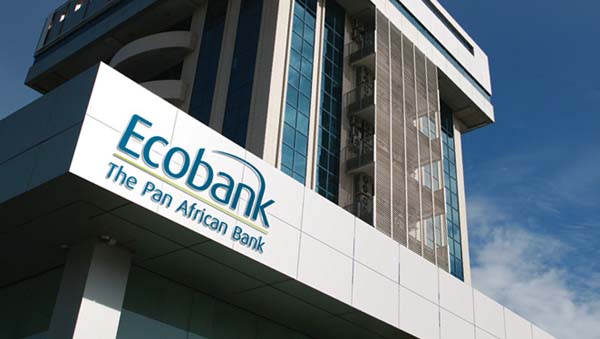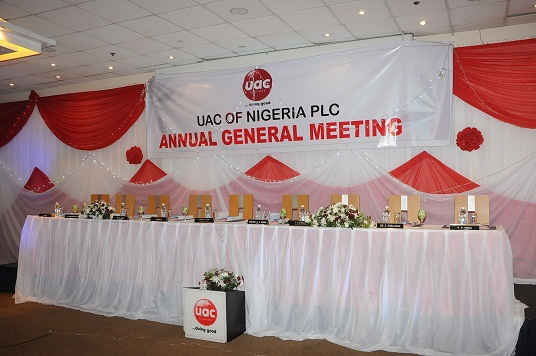Ecobank Transnational Inc (ETI) closed its third quarter operations in September 2018 with an after tax profit of N75.51 billion, already above the 2017 full year profit figure of nearly N70 billion. The bank found no room for revenue improvement and management equally kept costs flat to defend profit.
The only room for the profit improvement was a drop of 26% in impairment losses on financial assets, which resulted in a 39% leap in pre-tax profit. The cost saving provided virtually all the N24 billion net profit the bank earned within the third quarter.
Mr. Ade Ayeyemi, group CEO, ETI said “the initiatives we took in phase-one of our 5-year strategic plan are starting to show results in our financial and business performance. The risk profile of our credit portfolio is improving; we are increasingly becoming leaner and more cost efficient”. An indication of cost efficiency is a gain in net profit margin from 10.3% in the same period last year to 13.2% at the end of September 2018.
Gross earnings amounted to N572.66 billion at the end of the third quarter, edging up 1.4% year-on-year. Interest income was flat at N354 billion over the period against a 12% growth recorded at the end of 2017. Non-interest income inched up 3% to N203.44 billion over the review period.
Advertisement
Based on the current growth rate, our initial full year revenue projection of over N800 billion for ETI in 2018 is revised down to N768 billion – just slightly ahead of last year’s gross earnings figure of close to N764 billion.
Management has successfully treated the only major headache on the side of costs that came up at the beginning of the year: interest expenses. Interest cost has been curtailed from a 15% rise in the first quarter to a flat movement of 1.3% at the end of the third quarter. That still left net interest income slightly down at N215.22 billion at the end of September.
A drop in impairment losses on financial assets represents the most significant event on the bank’s income statement at the end of the third quarter. At N66.43 billion, loan impairment expenses dropped by 25.6% year-on-year, a continuing drop for the second year after a drop of 43% in 2017.
Advertisement
The drop in loan impairment expense provided the only room for the bank to grow profit so far this year. Its claim on operating profit declined from 56% to less than 41% over the review period, representing a cost saving of N23 billion – almost the net profit of N24 billion earned within the third quarter. That made the difference between a flat growth in operating profit and a 39% advance in pre-tax profit at the end of the third quarter.
The improving risk profile of the bank’s credit portfolio appears to be supported by reduced lending appetite that has seen a drop of N216 billion in the customer loan portfolio from the closing level last year. Ayeyemi said the drop is “largely because we are seeing limited credit opportunities that meet our risk appetite”.
Total operating cost was flat at N256 billion at the end of the third quarter, draining off an initial cost saving gained from moderated increase. The effect of that is a reduction in net profit margin from 14% in the first quarter to 13% in the third. This remains the best record for the bank since 2012.
Based on the third quarter performance, the bank remains on course for an outstanding profit growth in 2018. After tax profit is projected to be in the region of N100 billion for Ecobank Transnational at full year. This would be close to doubling the closing net profit figure of N52 billion it posted in 2017.
Advertisement
The bank closed the third quarter with earnings per share of N2.46, improving from N2.01 in the same period last year. It earned N2.22 per share in the 2017 full year.
1 comments








Ecobank results seems to be improved with clever use of IFRS to improve results. This has been defended by Ecobank as using management judgement. Judgement per IFRS must be netutral….